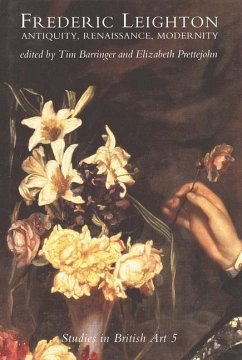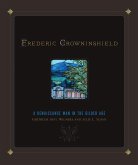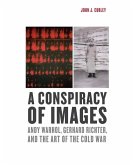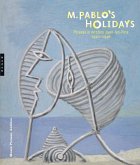This original collection of writings reinterprets the art of Frederic Leighton (1830-1896), challenging the view that limits him to the category of "Victorian artist" and revealing his broader significance in the history of modern art. The book is the first to extend the discussion of Leighton beyond his life and works to address such current concerns as gender and sexuality, the artist's identity and self-positioning, and Leighton's position in relation to Aestheticism and Modernism. The contributors argue that not only does Leighton's profound commitment to the ancient and renaissance past not exclude him from an important role in modern art, but indeed it assures his position there. The book begins by reconsidering Leighton's commitment to classicism, then looks at Leighton's reinterpretations of the traditional genres of History Painting and monumental mural painting, his interest in the art of Michelangelo, and his illustrations for George Eliot's Renaissance historical novel Romola. The final section of the book considers his engagement with contemporary debates in aesthetics, the public image he projected, and his impact on the next generation of British artists.
Hinweis: Dieser Artikel kann nur an eine deutsche Lieferadresse ausgeliefert werden.
Hinweis: Dieser Artikel kann nur an eine deutsche Lieferadresse ausgeliefert werden.








